.png_SIA_JPG_fit_to_width_MEDIUM.jpg)
Blue Marine Foundation
Blue Marine Foundation
Plastics were one of the great discoveries of the 20th century and have revolutionised many human activities. In the 21st century we are finding that there are mounting environmental problems associated with them. Plastic waste is persistent and durable in the environment and we are facing an emerging environmental crisis associated with marine litter and plastic waste across the world.
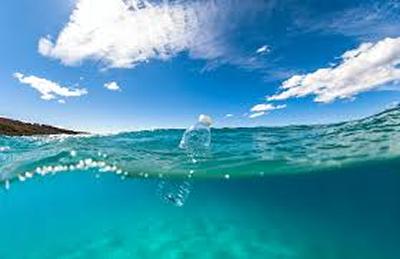
At Southampton we have a great interdisciplinary strength in marine sciences, and have world-leading academics in oceanography, environmental science, marine ecology, chemistry, sedimentology, geochemistry engineering and waste management, and cutting edge facilities at three campuses. We have an established track record for our work on marine pollution (including marine plastics since 2004), analytical science and waste management; and we have a team of researchers focusing on plastic pollution issues, including the effects on marine life, risks associated with seafood, plastics in waste water treatment systems and land-based environments, and microplastic behaviour in aquatic and sedimentary systems.
Our mission is to help to address this urgent issue. We led a Research Council Highlight Topic workshop at the Medical Research Council in London in April 2017, with UK university partners and government agencies in May 2017. Our intention is to further the knowledge on this urgent environmental issue, so we can gather better evidence with reliable and globally reproducible methods that can influence and change policy to address the plastic waste issue.
Malcolm is an environmental scientist with interests in the effects of plastics and associated pollutants on ecosystems, and the risks to human health.
David is Emeritus Professor of Occupational and Environmental Medicine at the MRC Lifecourse Epidemiology Unit, University of Southampton. Over a career spanning more than 40 years, he has conducted epidemiological research on a wide range of occupational and environmental hazards to health, including the effects of various chemical pollutants. He has also engaged extensively in scientific advisory work for government, both nationally and internationally, and from 2008-15 was Chair of the Committee on Toxicity of Chemicals in Food Consumer Products and the Environment.
Gavin is Director of Public Policy at the University of Southampton, and has extensive contacts in UK Government. His interest is in helping communicate research evidence on marine plastic pollution to Government and developing recommendations for Government on how they should be tackling this global problem.
Andy's research focuses on applied and environmental geochemistry, pollutant cycling and dynamics, and contaminated land and water management. He has long-standing research interests in the role of estuarine, coastal and shelf sediments as contaminant "sinks" (including for microplastics), and more recently in microplastics accumulation in the sea surface microlayer.
Laura is a marine benthic ecologist. She currently focuses on the ecological consequences of anthropogenic impacts and climate change on benthic systems, by characterising and quantifying change in the reproductive ecology of representative benthic species. She is therefore interested in how microplastics effect faunal reproductive processes and success.
Previous work involving plastics has looked at faunal mediated burial of microplastics and effect of microplastics on faunal behaviour, and measurement of leaching from plastics under future climate change (high temperature, decreased pH) conditions.
Overview to be added
Antony Jensen is a marine biologist with interests in inshore fisheries and coastal ecology. He is interested in the way microplastics are integrated into food chains, the habitat that macroplastics can provide for marine life and the role of floating plastics in species dispersal.
Bob is a physical oceanographer with interests in ocean physics and circulation, on spatial scales from coastal to global. He is interested in how and where microplastics drift with ocean currents, on timescales from days to decades, and how this information can be used to inform emerging policy on microplastics in the marine environment.
Daniel is a marine biogeochemist that combines empirical and theoretical approaches to examine the factors that influence the fate and pathways of elements in organisms and ecosystems. His research aims to deliver mechanistic understanding of how organism-environment interactions affect the cycling of elements such as carbon and nitrogen.
Andrea is an electrochemist and spectroscopist. Her contribution towards research on the effects of microplastics in the marine environment is in providing spectroscopic resources (infrared and Raman).
Pete works in freshwater and coastal systems on the behaviour of pollutants inn sediments, water and biota; and on sustainable waste management.
Mart works on the behaviour or particulate matter in marine sediments and the role of marine organisms.
Charlie is a Senior Research Fellow in sediment dynamics. Her research interests focus on the exchange of particles across the sediment-water interface, and also the effects of solid-transmitted stress. She researches the resuspension dynamics of muddy sediments, the role of bed stability on erodibility, and the fluxes of particulate and solutes from within the bed into the overlying water column. This is of particular relevance to the view of sediments as a potential ‘sink’ for plastics and other pollutants. Charlie also studies the effect of ballistic impacts of transported sediments on the wear and degradation of artefacts within aquatic settings, principally artefacts of forensic and archaeological interest, and the eventual break-down of these.
Ian is an environmental chemist and waste management researcher with interests in circular economies and the behaviour of pollutants aquatic environments.
Freya’s research focuses on microplastics in waste water treatment systems. Establishing environmental risks and pathways of microplastics reaching terrestrial and aquatic systems through these discharges and developing mitigation strategies to reduce microplastic loads from waste water treatment.
Nina Faure Beaulieu is Postgraduate research student within Ocean and Earth Science, National Oceanography Centre Southampton at the University of Southampton. Nina's research focuses on microplastics in marine and freshwater environments; interactions between microplastics and living organisms; developing methods to standardise microplastic studies.
Jessica is a PhD student at the University of Southampton, based at the National Oceanography Centre. Her research focuses on the sources, pathways and sinks of microplastics in coastal systems, with a particular interest in microplastic trapping in coastal sediments. Previously, she has investigated the effects of microplastic additions on the erosion properties of saltmarsh sediments.
Christina is a PhD student at the University Of Southampton studying microplastics in the marine environment and possible effects on human health. Her background is in environmental science (BSc) and marine biology (MSc). She is generally interested in anthropogenic impacts on marine environments. For her PhD, she is working towards method standardisation for extracting microplastics from environmental samples. She is also quantifying microplastic exposure risks to humans through consumption of shellfish.
I am a Biologist with a background in environmental research, specifically carrying out environmental studies involving genetic toxicology, environmental mutagenesis, ecotoxicology, analysis of environmental contamination, and In vivo and vitro methods for studying the effects of exposure to anthropogenic and other naturally occurring chemicals in the environment.
.png_SIA_JPG_fit_to_width_MEDIUM.jpg)
Blue Marine Foundation

Leverhulme Trust
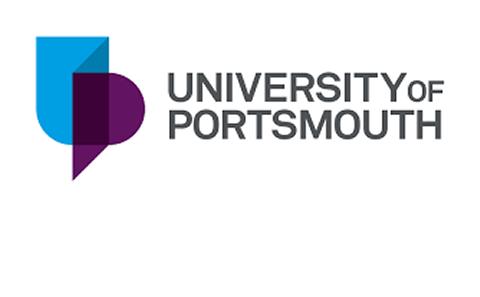
University of Portsmouth
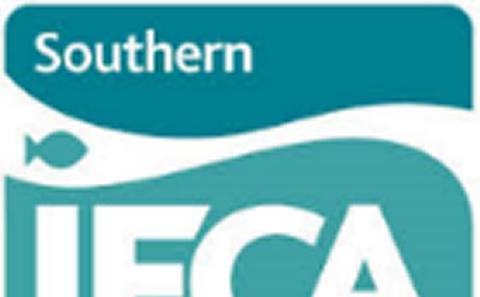
Southern IFCA
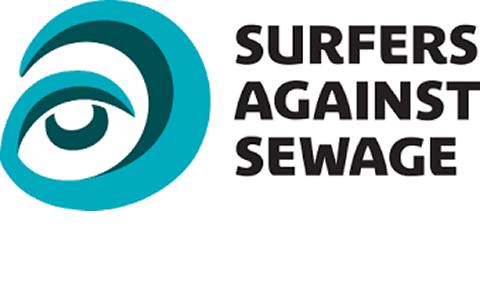
Surfers against Sewage

Solent Forum

Solent University

Yokohama City University
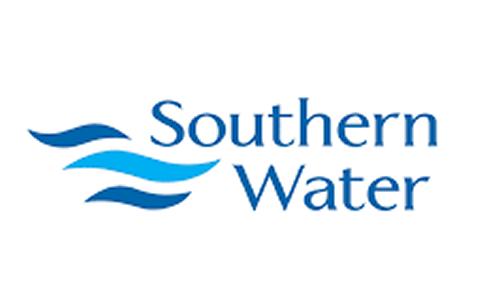
Southern Water
Dr Malcolm Hudson and Leverhulme Trust Doctoral Scholar Christina Thiele on plastic pollution in the marine environment:
Watch Christina Thiele's talk on "Microplastics on our dinner plates - evidence and risks to people" here.